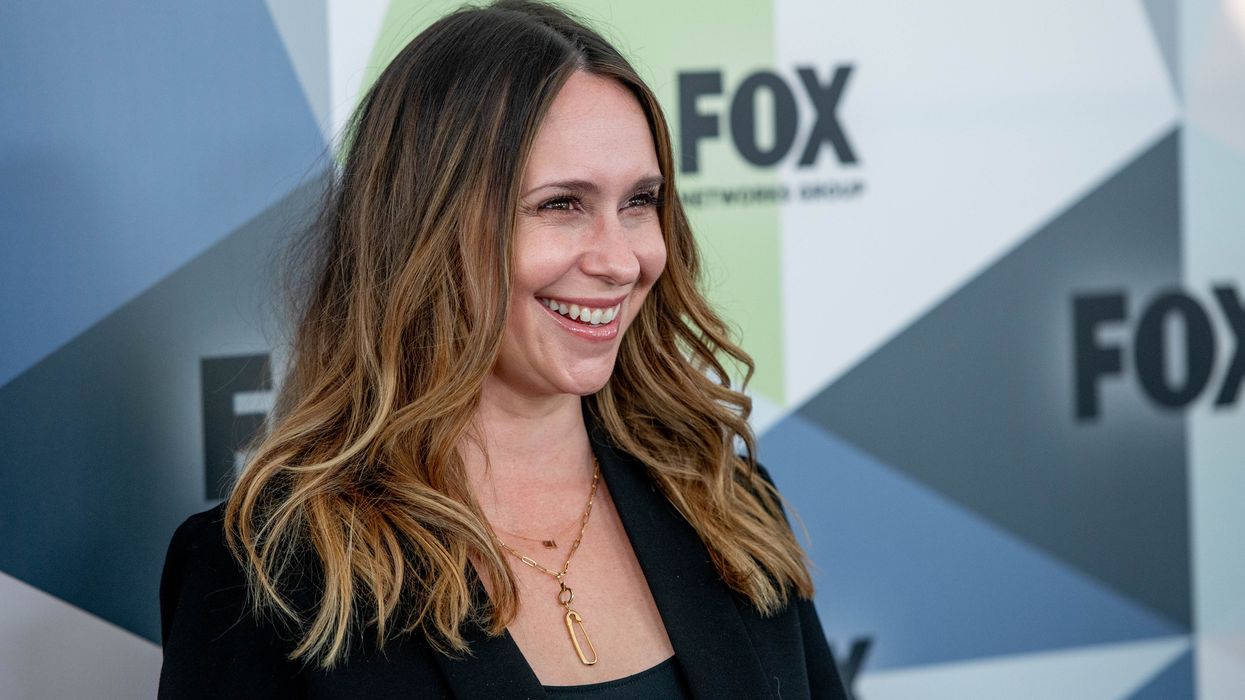Jennifer Love Hewitt recently reflected on her early years in Hollywood, revealing how she was sexualised as a teenager without fully understanding it at the time. In a candid conversation on Mayim Bialik’s 'Breakdown' podcast, the 45-year-old actress shared that at just 16, she was subjected to inappropriate comments from grown men about her body, particularly her breasts. These remarks were often made openly in interviews, which Hewitt now finds disturbing, given the context of her age.
Hewitt, who became famous after starring in I Know What You Did Last Summer in 1997, recalled how the attention on her physical appearance increased after she appeared on the cover of 'Maxim' in 1999. Men would approach her, mentioning how they took her magazine on trips, but at the time, she didn’t fully grasp the sexual undertones of these comments. “I didn’t know what that meant,” she admitted, adding that it felt strange to be labelled a sex symbol before even knowing what being "sexy" meant.

As her career progressed, jokes about her body became normalised, especially after the release of 'I Know What You Did Last Summer'. Hewitt recalled how uncomfortable jokes about her body were common during interviews, with people laughing along as if it was a joke. “It didn’t register with me that this is a grown man talking to me and passing inappropriate comments about my body on national television,” she reflected. While she doesn’t blame anyone for the comments made at the time, she acknowledged that it was a period where such behaviour was accepted as the norm in Hollywood.
Looking back as an adult, Hewitt explained that when she reached her 30s, she began to evaluate her teenage years more critically. The environment back then made it difficult for her to recognise the inappropriateness of the sexualisation she faced. She also shared that watching the Britney Spears documentary helped her realise how deeply such experiences can affect someone.Today, Hewitt is grateful she didn’t internalise the objectification and expressed appreciation for how society’s views on body image have evolved. She hopes future generations won’t face the same level of sexualisation and that the industry continues to prioritise respect and awareness.




